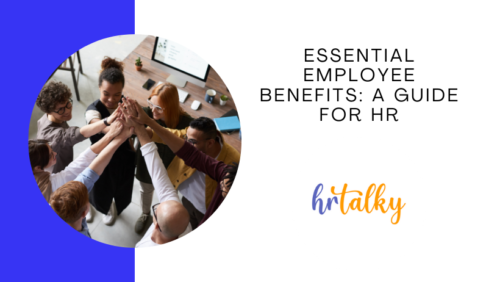When it comes to structuring a comprehensive employee benefits package, HR departments play a crucial role in ensuring that employees are provided with essential benefits that contribute to their well-being and job satisfaction. Here are twelve types of employee benefits that HR professionals should consider:
- Health Insurance: Offering health insurance coverage helps employees manage medical expenses and promotes overall wellness.
- Dental and Vision Coverage: Including dental and vision benefits enhances the overall healthcare package and addresses specific needs beyond basic medical care.
- Retirement Plans (401(k), Pension): Providing retirement plans encourages employees to save for the future and demonstrates a commitment to their long-term financial security.
- Paid Time Off (PTO): Offering paid time off for vacations, sick leave, and personal days helps employees maintain work-life balance and recharge when needed.
- Flexible Work Arrangements: Flexible work options such as telecommuting or flexible hours accommodate employees’ diverse needs and promote productivity.
- Life Insurance: Life insurance coverage provides financial protection for employees’ families in the event of unexpected tragedies.
- Disability Insurance: Disability insurance offers income protection if employees are unable to work due to illness or injury.
- Wellness Programs: Implementing wellness programs encourages healthy behaviors and reduces healthcare costs by promoting preventive care.
- Employee Assistance Programs (EAP): EAPs offer confidential counseling and support services to help employees manage personal or work-related challenges.
- Tuition Reimbursement: Supporting employees’ continuing education through tuition reimbursement programs fosters professional development and enhances retention.
- Childcare Assistance: Providing childcare assistance or subsidies helps employees balance work and family responsibilities.
- Employee Discounts and Perks: Offering discounts on company products/services or access to exclusive perks demonstrates appreciation for employees and boosts morale.
By understanding and effectively implementing these essential employee benefits, HR professionals can contribute to a positive work environment, enhance employee satisfaction, and attract top talent to the organization.


